Staff Spotlight!
“From my first dive, I fell in love with the sea and all the life it holds; but it wasn’t until I started studying corals and understanding their simplicity and complexity that I decided I wanted to dedicate my professional life to it. Since then, more than 20 years have passed and I keep learning from these animals and ecosystems.”Introducing Dr. Valeria Pizarro, PIMS Senior Scientist, who manages our coral reef program!Valeria began studying coral reefs off San Andrés, Colombia while completing her masters, where she focused on brain coral population dynamics. After that, Valeria worked on the design and implementation of the Seaflower Marine Protected Area System (Western Caribbean) and started her PhD at Newcastle University (UK) on Caribbean coral connectivity.
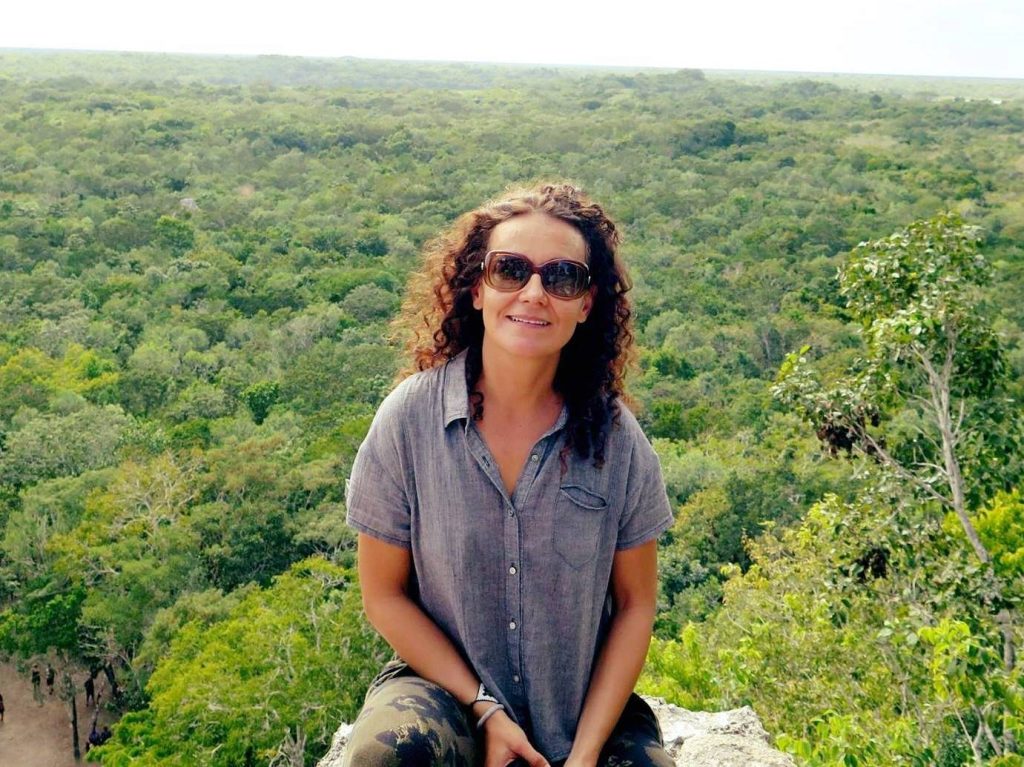
Above: Valeria sits in Mexico’s archaeological park, Cobá.
Her research interests include coral reproduction, population dynamics, connectivity and coral restoration. In 2019, Valeria worked in The Bahamas Coral Innovation Hub at Eleuthera, a project aiming to scale and improve the restoration of Bahamian coral reefs. Valeria was a professor at the Jorge Tadeo University (Colombia) for seven years, teaching undergraduates and graduate students. She also has extensive experience on other coastal marine ecosystems such as mangroves and seagrasses. Her other interests are marine policy, community engagement and biodiversity offsets.
Above: Valeria outplanting a fragment of Staghorn coral (Acropora cervicornis) onto a reef.
Over the last 6 years, Valeria has been an advocate of a Colombia reef named Varadero, which could be dredged for a new shipping channel at Cartagena. Her campaign to save this reef has included its nomination as a Hope Spot (Mission Blue).
“Every coral reef is different and usually – if you pay attention – even highly degraded reefs will have some life; some beautiful animal or algae. Sadly, most Caribbean reefs are degraded and this is also the usual landscape most coral reef researchers worldwide. When I left my position as professor at a university and started working as freelancer, I was hired to move small colonies from a highly degraded reef that was going to be dredged. I was told that colonies were scattered in this area, and the majority were small. This made sense to me; after all, the area had high levels of sedimentation and nutrients, two variables responsible for reef degradation. To my surprise, when I jumped in the water an amazing reef with huge colonies appeared in front of me. I dove this reef for more than an hour and the only thing I could think of was: this is an amazing reef, this reef is in an area where it shouldn’t be, this reef can not be dredged… at the end, after years of fighting and a team of people with different backgrounds… we saved this reef – called Varadero Reef – and started to study it. The fight is still on though, not only for Varadero, but for most reefs around the globe.”
Above: Valeria diving on Varadero Reef.
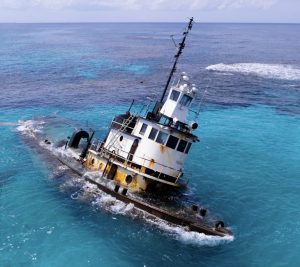
A Year Later, Stranded Tug and Barge Still Scars Reef in Fowl Cays National Park–Residents Demand Accountability
A haunting aerial view of the grounded tug and barge in Fowl Cays National Park—still embedded in coral a year later, a stark reminder of the cost of inaction. Photo
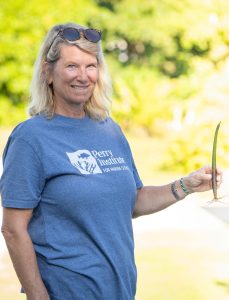
Women Leading Mangrove Restoration in The Bahamas
Have you ever wondered who’s behind the scenes saving our environment, right in our own backyard? Picture a group of energetic, determined women rolling up their sleeves and diving into
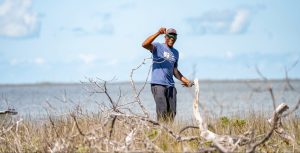
Rewilding the Marls of Abaco: PIMS Plants 100,000 Mangroves and Counting in 2024
As the afternoon sun bathes the Marls of Abaco in golden light, Bahamian boat captain Willis Levarity–locally known as “Captain to the Stars”–stands ankle-deep in soft, warm mud. A broad
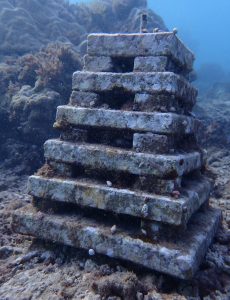
Unveiling Coral Reef Biodiversity: Insights from ARMS Monitoring Structures
An ARM teeming with new coral recruits and a diversity of marine life, highlighting reef recovery and biodiversity Understanding Coral Reef Biodiversity Most new PhDs in the natural sciences move
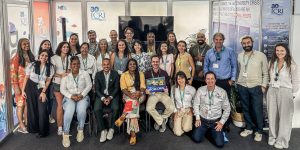
7 Key Takeaways from COP16: Confronting Coral Reef Challenges in a Changing Climate
United #ForCoral: Experts, advocates, and leaders from across the globe join forces at COP16 for the #ForCoral conference, hosted by the International Coral Reef Initiative. Together, they’re driving urgent action
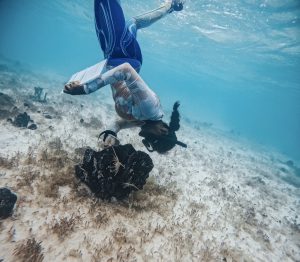
Fieldwork Wrap-Up: Strengthening MPA Management in The Bahamas
Marine protected areas (MPAs) are critical tools in the conservation of marine species and habitats, safeguarding reefs, seagrasses, and mangroves that provide vital ecosystem services to coastal communities. At the



